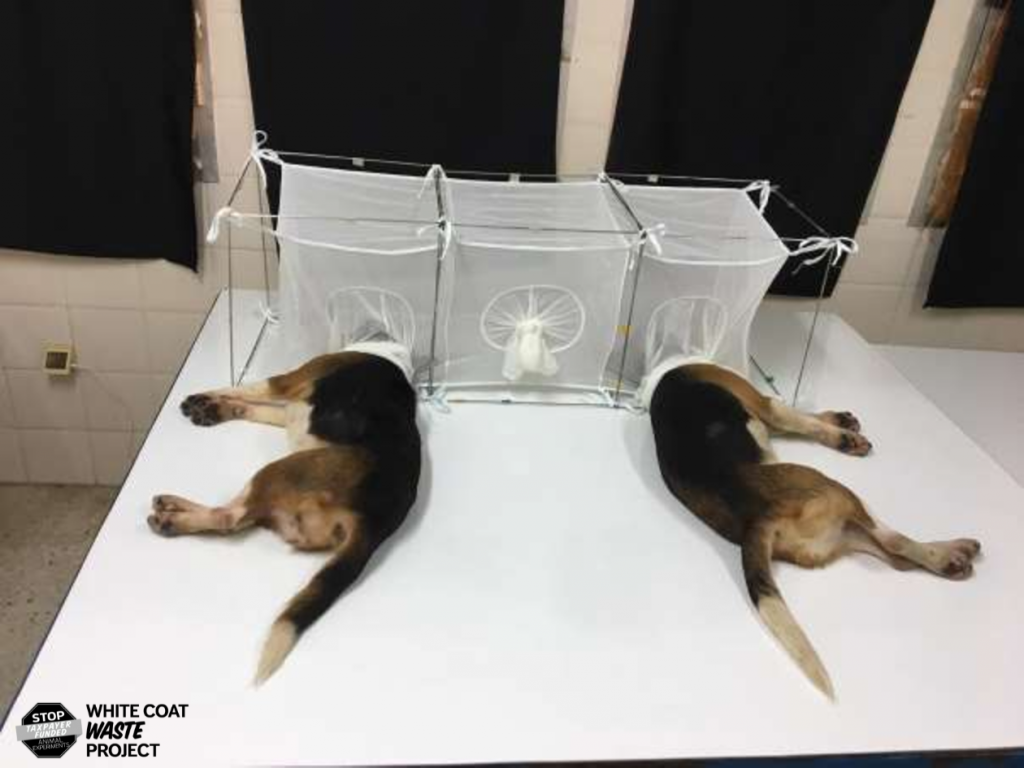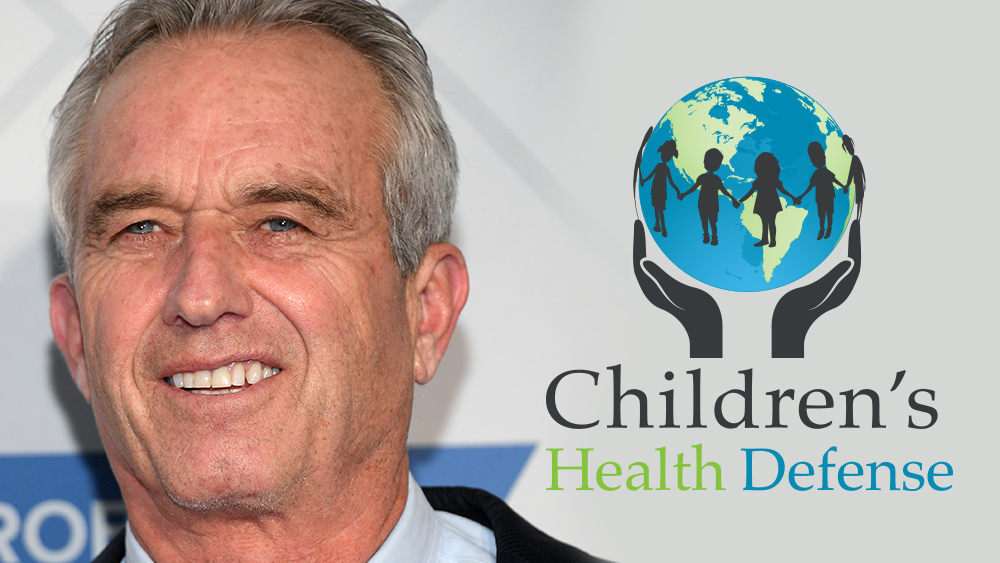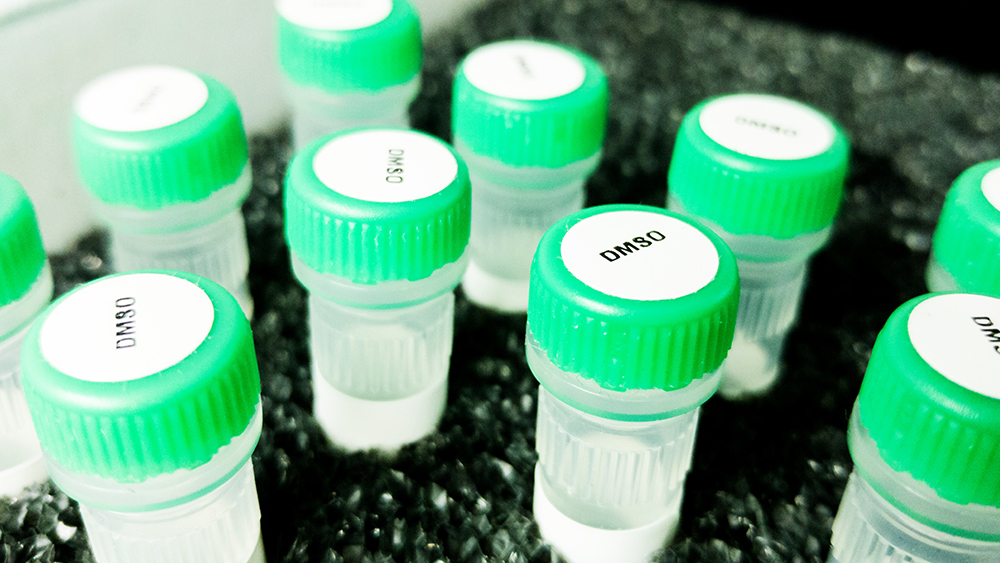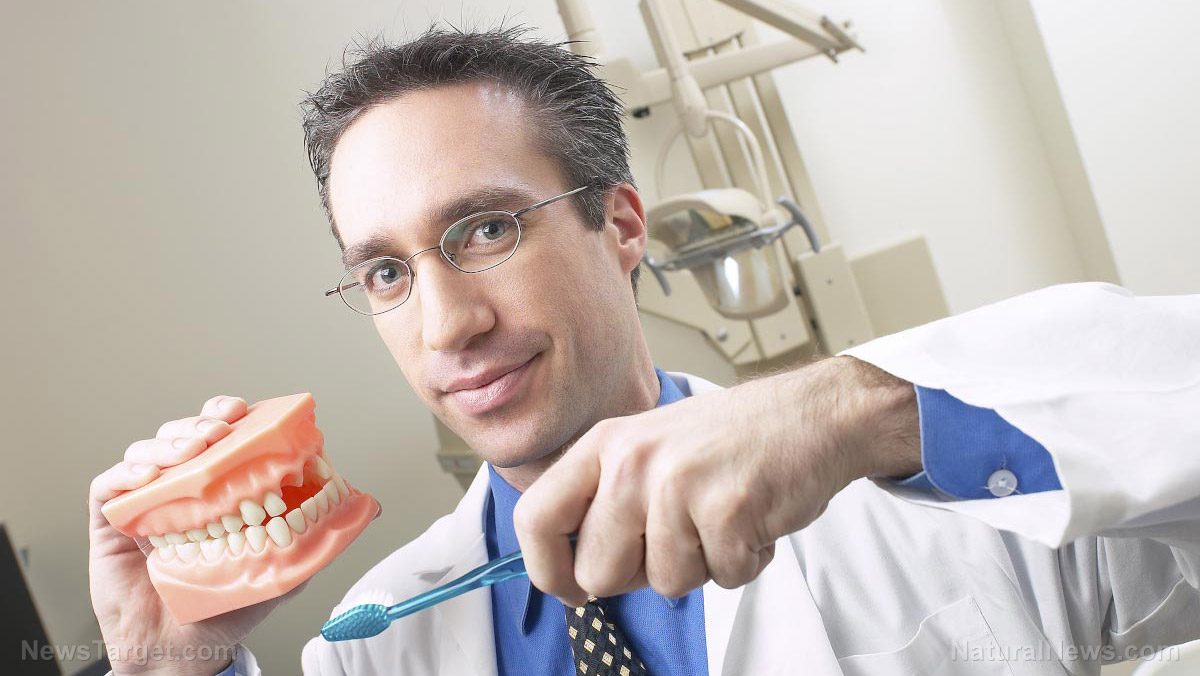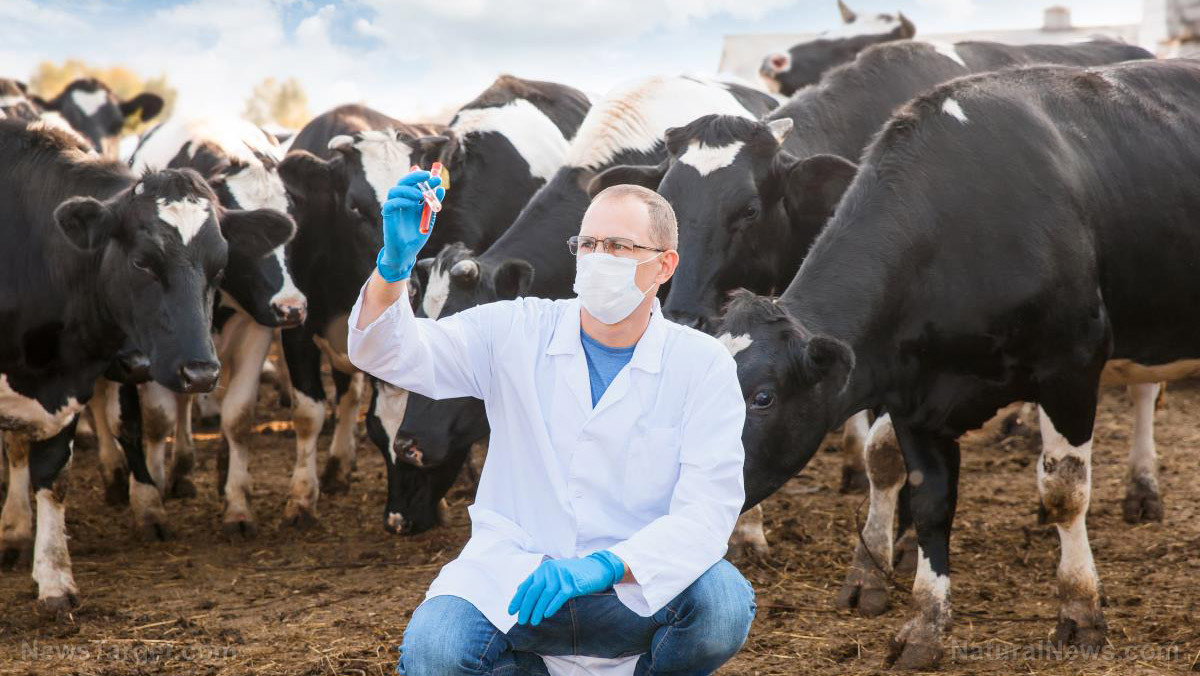CT scans linked to 100,000 future cancers as doctors warn of overuse
05/02/2025 / By Cassie B.
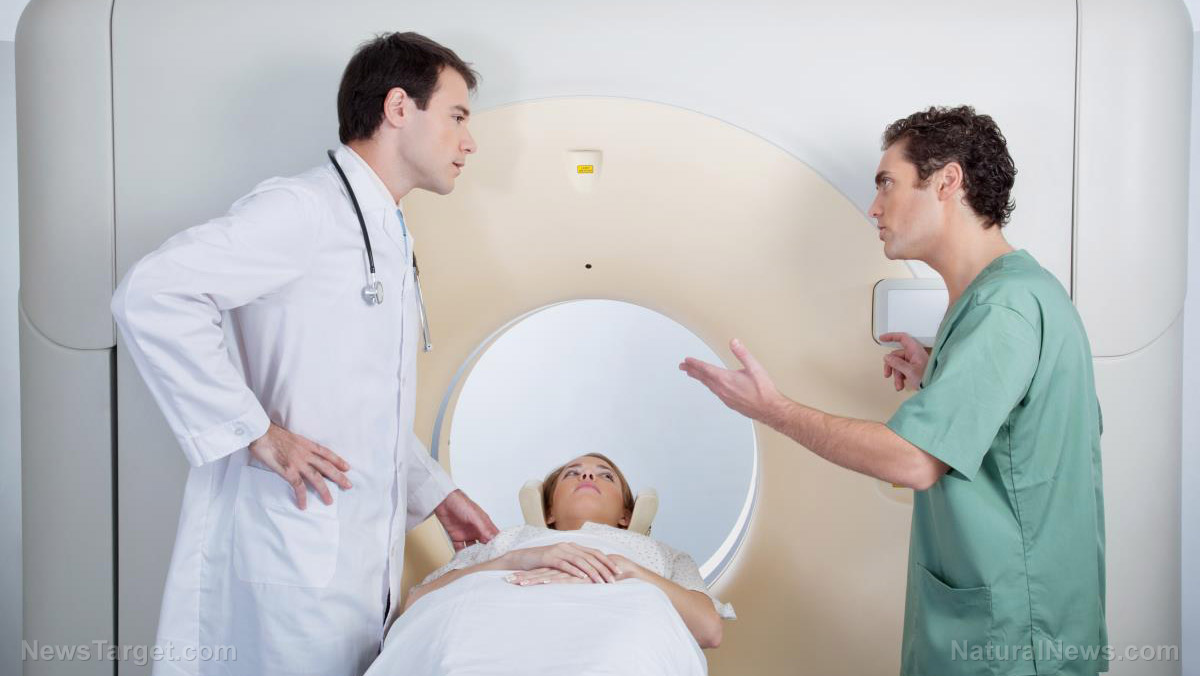
- CT scans may cause 5% of future U.S. cancer cases, with 103,000 cancers projected from 2023 scans alone.
- A single abdominal CT delivers radiation equal to 1,000 chest X-rays, with children facing 10 times higher cancer risks than adults.
- Experts warn of profit-driven overuse, with 93 million scans performed annually and many offering little medical benefit.
- Infants and children are at highest risk, yet parents are rarely informed about long-term cancer dangers.
- Patients should question unnecessary scans, seek radiation-free alternatives, and demand lower-dose options for children.
Millions of Americans undergo CT scans each year, trusting these high-tech imaging tests to diagnose injuries or illnesses. But shocking new research reveals a dark side to this routine procedure: CT scans may be responsible for 5% of all future cancer cases in the U.S. — equivalent to roughly 103,000 cancers from scans performed in 2023 alone. Experts warn that overuse, profit motives, and lax regulations are exposing patients to dangerous radiation with little benefit.
A landmark study published in JAMA Internal Medicine estimates that CT scans now rival alcohol consumption and obesity as a leading preventable cancer risk. The scans use ionizing radiation, a known carcinogen, with doses varying wildly between machines. For example, an abdominal CT delivers radiation equivalent to 1,000 chest X-rays, while a child’s head CT may carry a 10-fold higher cancer risk than the same scan for an adult.
Dr. Rebecca Smith-Bindman, a radiologist at UC San Francisco and lead study author, bluntly states: “It’s unfathomable. We keep doing more and more CTs, and the doses keep going up.” Her research found that doses for identical scans can vary tenfold between hospitals, with no standardized safety checks.
Profit over patients?
With 93 million CT scans performed annually in the U.S.—a 30% increase since 2007—critics accuse healthcare providers of prioritizing revenue over safety. Each scan costs up to $6,800, creating a lucrative incentive for overuse. Dr. David Johnson, a gastroenterologist at Eastern Virginia Medical School, urges doctors to “hit the pause button on ordering CT scans just because it’s easy and convenient.”
The parallels to other medical controversies are striking. Like COVID-19 vaccines and statins, which critics argue are overprescribed despite risks, CT scans are often deployed as a “default” diagnostic tool.
Infants subjected to CT scans face the highest lifetime cancer risk, with thyroid, lung, and breast cancers most likely to develop later in life. Yet parents are rarely warned. “Few patients and their families are counseled about the risk,” admits UCSF pediatrician Dr. Malini Mahendra. The study projects 9,700 future cancers in children scanned in 2023 alone.
The U.S. healthcare system’s reliance on CT scans mirrors its broader dysfunction. Medicare’s new rules requiring hospitals to report radiation doses by 2027 are a belated response, but critics say real change requires rejecting medicine’s “mechanistic” approach.
What you can do
If your doctor is recommending a CT scan, it is important to make sure it is necessary. While these tests are justified in some cases, there are a few points you should keep in mind.
First, question every scan. Ask: “Is this absolutely necessary? Are there radiation-free alternatives like MRI or ultrasound?” In some cases, it may be possible to choose a diagnostic tool with a lower risk. Reject “defensive medicine.” Up to 90% of scans offer “little to no medical value,” according to studies. Ask your doctor if the benefits outweigh the risks.
Be particularly cautious when it comes to children. Demand lower-dose protocols or non-radiation options for young patients given their higher risk.
CT scans save lives when used judiciously, but their rampant overuse—driven by profit, fear of lawsuits, and outdated medical dogma—has created a silent epidemic. As Dr. Smith-Bindman warns, “These future cancers can be reduced by avoiding unnecessary scans.” Until the healthcare system prioritizes prevention over profit, patients must arm themselves with knowledge and push back when needed.
Follow CancerCauses.news for more related stories.
Sources for this article include:
Submit a correction >>
Tagged Under:
CT scans, diagnostic tools, future tech, health science, inventions, medical technology, radiation, research, truth
This article may contain statements that reflect the opinion of the author

